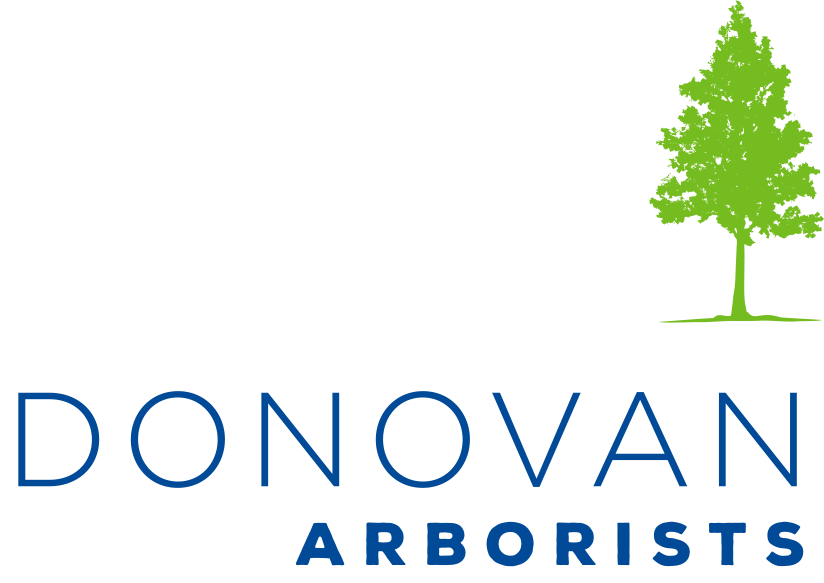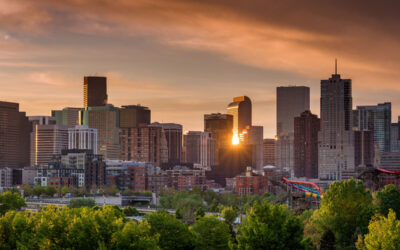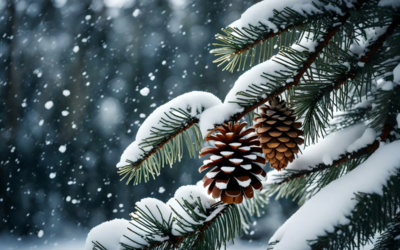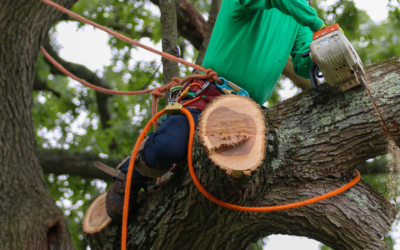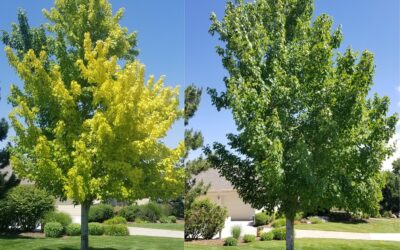Don’t Let the Name Fool You: The Trouble with Tree of Heaven in Denver
Here at Donovan Arborists, we’re passionate about protecting Denver’s beautiful and diverse urban forest. Today, we want to discuss a specific tree species that can pose a significant threat to our local ecosystem: the Tree of Heaven (Ailanthus altissima). While the name might sound heavenly, this fast-growing invader is anything but desirable for Denver’s landscape.
Tree of Heaven: An Aggressive Invader
The Tree of Heaven might seem innocuous at first glance, with its fast-growing stature and superficially attractive green leaves. However, beneath its seemingly harmless exterior lies an aggressive invader. Here’s why this tree poses a problem for Denver’s landscape:
- Rapid Growth: The Tree of Heaven grows incredibly fast, outcompeting native species for sunlight, water, and nutrients. It also reproduces prolifically, sending out root suckers and dispersing thousands of seeds carried by the wind.
- Allelopathic Properties: The tree releases chemicals that inhibit the germination and growth of other plants, further disrupting the natural balance of the ecosystem.
- Unpleasant Odors: The leaves and male flowers of the tree emit a strong, offensive odor, particularly noticeable during the summer months.
- Weak Wood: The tree’s fast growth leads to weak wood, making it prone to breakage in storms, posing a potential hazard to property and people.
Identifying the Tree of Heaven
If you suspect you might have a Tree of Heaven on your property, here are some key characteristics to look for:
- Compound leaves: Leaves are large, with 7-15 leaflets arranged along a central stalk.
- Distinctive bark: The bark is gray and smooth on younger trees, becoming rough and fissured with age.
- Rapid growth: These trees can grow several feet per year, reaching heights of 50-100 feet at maturity.
- Suckers: They readily reproduces through suckers, forming dense thickets that can be difficult to control.
The Denver Dilemma: Why is it Prevalent Here?
Several factors contribute to the prevalence in Denver:
- Disturbed Soil: Construction and development activities often create ideal conditions for the tree’s seeds to germinate in disturbed soil.
- Lack of Natural Predators: Without natural controls in place, the tree can flourish unchecked.
- Misidentification: The Tree of Heaven can sometimes be mistaken for native species like Smooth Sumac, leading to its unintentional spread.
Tree of Heaven Removal: Why Call a Professional
While removing small saplings might be manageable on your own, larger trees or those with extensive root systems require professional intervention. Here’s why calling Donovan Arborists is your best bet:
- Safe and Effective Removal: We have the expertise and equipment to safely remove these trees, minimizing damage to surrounding trees and property.
- Proper Disposal: Improper disposal methods can lead to the tree’s regrowth. We ensure all parts of the tree are disposed of responsibly to prevent further spread.
- Follow-up Treatment: Tree of Heaven is persistent, and follow-up treatment may be necessary to prevent regrowth from root suckers. Our arborists can develop a customized strategy to manage the situation effectively.
Protecting Denver’s Urban Forest
At Donovan Arborists, we are committed to promoting a healthy and diverse urban forest in Denver. By understanding the threats posed by invasive species, we can take proactive steps to protect our native trees and ensure a thriving ecosystem for generations to come.
Contact Donovan Arborists Today
If you suspect you have a Tree of Heaven on your property, don’t hesitate to contact us. Call us at (303) 623-8733 (TREE) or use our Free Estimate form. Our certified arborists can assess the situation and recommend the most effective removal and control strategies. Together, we can keep Denver’s urban forest healthy and beautiful!
Additional Information:
